This is driving me insane...
I have the following code:
# open pdf
$pdf = file_get_contents('myfile.pdf');
echo("RE 1:\n");
preg_match('/^[0-9]+ 0 obj.*\/Contents \[ ([0-9]+ [0-9]+) R \\]/msU', $pdf, $m);
var_dump($m);
echo("\nRE 2:\n");
preg_match('/^8 0 obj.*\/Contents \[ ([0-9]+ [0-9]+) R \\]/msU', $pdf, $m);
var_dump($m);
The file myfile.pdf contains the following text:
...
8 0 obj
<<
/Type /Page
/Parent 2 0 R
/Resources 6 0 R
/Contents [ 5 0 R ]
>>
endobj
...
The only difference between those two regular expressions is the numeric range at the beginning of the string. Yet I get the following output:
RE 1:
array(0) {
}
RE 2:
array(2) {
[0]=>
string(78) "8 0 obj
<<
/Type /Page
/Parent 2 0 R
/Resources 6 0 R
/Contents [ 5 0 R ]"
[1]=>
string(3) "5 0"
}
I would expect both regular expressions to return similar results, but the regular expression with the numeric range at the start (RE 1) doesn't return any results. Is this a bug or am I doing something wrong?
Update
After adding preg_last_error(), I am getting PREG_BACKTRACK_LIMIT_ERROR. How can I fix that?
